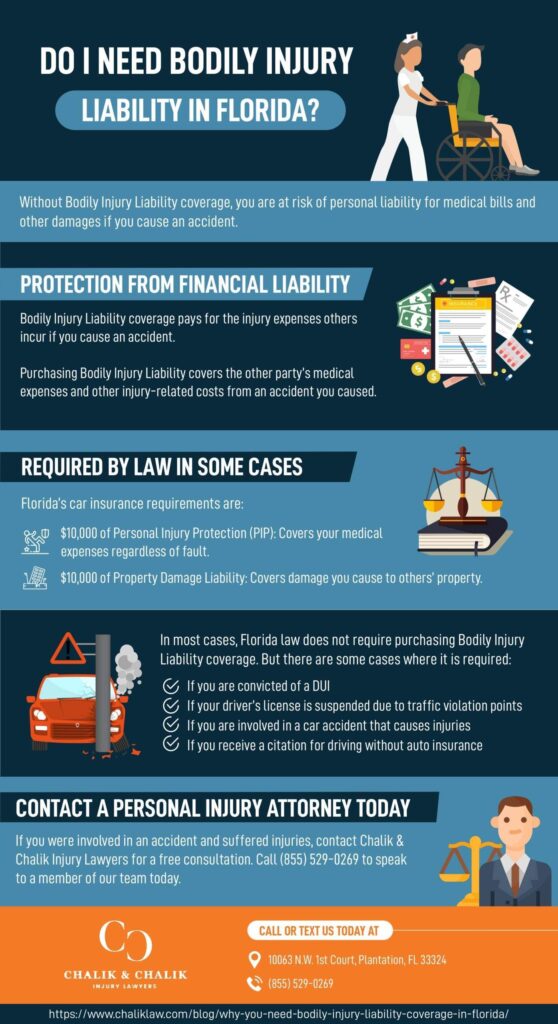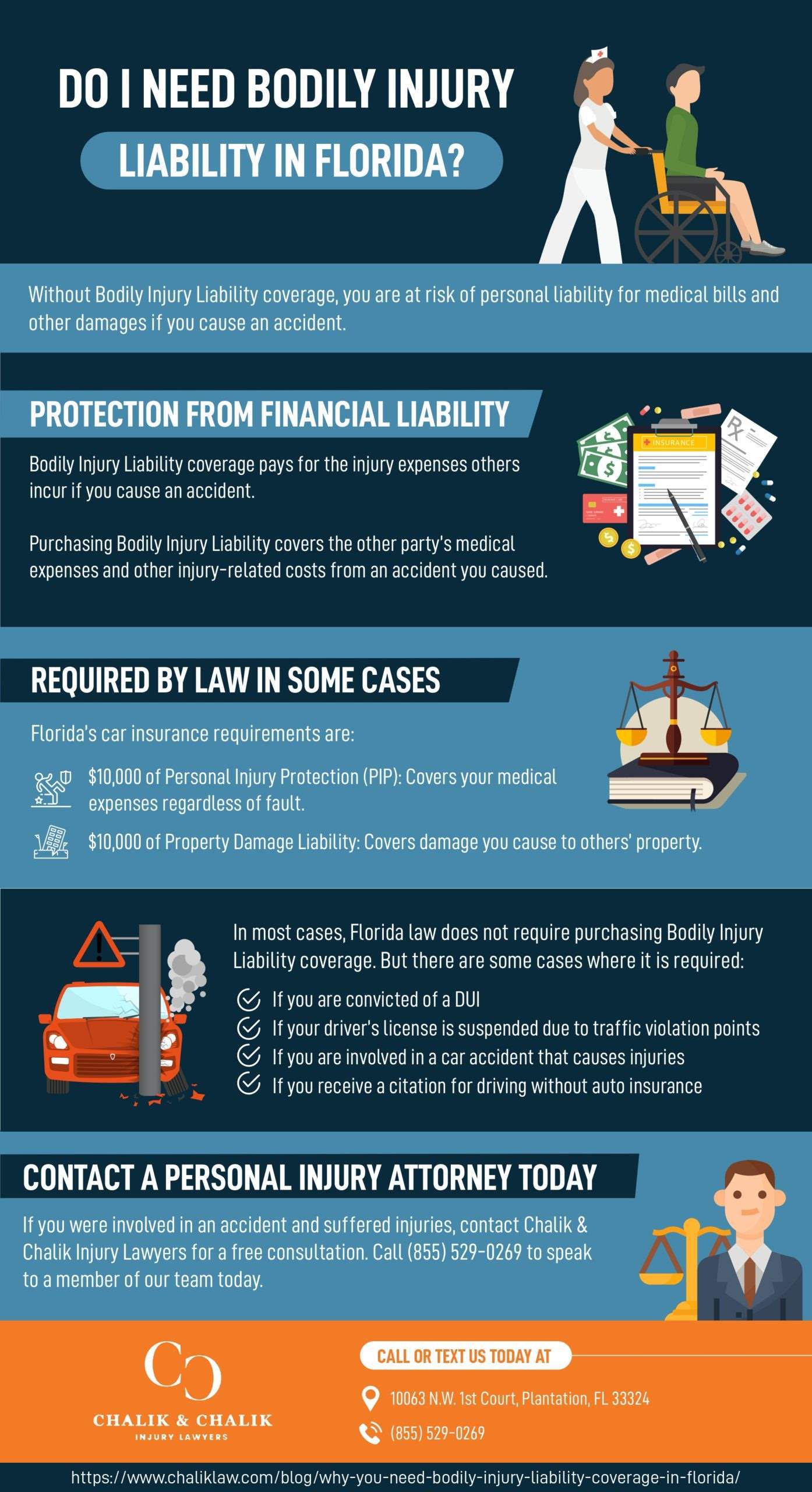Generally. You are not required To inform your insurance company about a DUI arrest before a conviction. However. Most insurance policies require you To report any incidents that could lead To a claim. Which may include DUI charges. Failing To disclose this information may result in denied claims or policy cancellation if convicted. It’s advisable To review your policy & consult with your insurer To understand your obligations & potential impacts on your coverage & rates after a conviction.
Does DUI have to be claimed on insurance before conviction? Wondering if you need To tell your insurance about a DUI before you’re convicted? Discover what you should know about reporting & your coverage options.
Does DUI Have to Be Claimed on Insurance Before Conviction?
Understanding DUI and Insurance Claims
Driving under the influence (DUI) carries serious implications. Affecting legality. Personal insurance. And driving privileges. When charged with a DUI. Individuals often wonder about the necessity of reporting this incident to insurance companies prior to conviction. Specifically. Individuals must navigate intricate legal and insurance landscapes carefully.
Failure to report a DUI can lead to complications. Including higher premiums or denial of coverage. Understanding how this process works remains crucial for those facing such charges. As well as for those who may encounter these situations in the future. Gathering comprehensive knowledge allows consumers to make informed choices about their insurance policies. Does Dui have to be claimed on insurance before conviction?
In my experience. Navigating these waters proved complex. Upon receiving a DUI charge. I was left wondering whether I needed to inform my insurance provider. Various factors played a role. Including advice from legal counsel and insights gathered from peers.
Implications of Reporting a DUI to Insurance
Reporting a DUI prior conviction carries immediate consequences. This affects both premiums and coverage. Insurers assess risk based on driving history; thus. DUIs increase perceived risk and potentially translate into costlier policies. An increase in premium costs can significantly impact budgets. Leading individuals to consider the options available.
However. Failing to report might lead companies to deny claims or cancel policies altogether. Ultimately. Insured drivers could face penalties more severe than simply paying elevated premiums. Understanding the consequences of both reporting and not reporting remains essential for responsible decision-making.
Many individuals debate whether they should disclose such charges immediately upon receiving them. Legal advice may guide actions. However. Insurers tend to prefer transparency. Ensuring compliance with policy requirements helps maintain coverage integrity.
When Should One Report a DUI?
Timing concerns arise when discussing reporting a DUI. Most policies require disclosure of any significant changes in driving history. Such as DUIs. Immediate reporting may often be necessary during renewal periods. Generally occurring annually. Finding oneself unsure about timing should prompt further investigation.
It helps thoroughly read policy agreements to ascertain specific timelines and requirements. Customers may also seek clarity from representatives or agents regarding nuances around reporting. Engaging with professionals can smooth out the confusion that sometimes arises during these pivotal life moments.
Moreover. It helps to understand that while personal liability exists. Each state may hold different regulations around timing. For accurate advice tailored directly to circumstances. Speaking with legal experts proves prudent.
Does dui have to be claimed on insurance before conviction

Consequences of Not Reporting a DUI
Failing to disclose a DUI can have ramifications beyond financial penalties. One major consequence involves an increased risk of claim denial. If an accident occurs and the insurer identifies an undisclosed DUI. They may reject responsibility. Leaving individuals liable for damages incurred.
Additionally. Insurance companies may terminate policies if they discover a DUI that wasn’t reported. This can lead not only to loss of coverage but also to difficulties finding new providers willing to underwrite a high-risk individual. Reinstatement of insurance can become costly. Adding further strain.
Ultimately. Navigating the consequences of not reporting a DUI represents a considerable challenge. Awareness of state regulations. Insurance company policies. And personal legal ramifications play a critical role in ensuring informed choices. “Does dui have to be claimed on insurance before conviction”
Factors Influencing Insurance Rates PostDUI
Numerous elements affect insurance rates following a DUI conviction. Severity of infraction. Prior driving record. And individual insurance history represents key factors insurers evaluate. Each aspect weighs heavily on premiums calculated post-incident. Significantly impacting overall expenses.
Moreover. State laws governing DUIs can shape how long a conviction affects rates. In some jurisdictions. DUI charges might remain visible on driving records for several years. This could lead individuals to face extended periods of significantly increased costs.
Alongside these factors. Understanding general market tendencies helps. Rates can differ widely between providers. Some companies offer more competitive pricing than others for high-risk clients. Engaging in thorough shopping around practices assists in finding favorable options.
Features Related to Reporting a DUI
- Higher premiums following a DUI ⚠️
- Potential claim denials 🚫
- State-specific reporting requirements 📜
- Time-sensitive reporting obligations ⏰
- Longterm record implications 🏷️
DUI Reporting: A Case Study Analysis
Examining individual experiences can shed light on the implications surrounding DUI reporting. For instance. Many people in similar situations reported different outcomes based on how they handled reporting issues. A person who informed their insurer before conviction often enjoyed smoother processing during renewal.
Contrast this with a case where someone delayed or omitted reporting. In that instance. Not only did insurance rates climb steeply. But new coverage options also dwindled as providers lost trust. Engaging in transparent communication often yields benefits that outweigh the risks.
Analyzing various case studies helps reveal patterns associated with responsible reporting. Collectively. These stories may highlight the importance of adhering closely to policy obligations while navigating DUIs and related insurance matters.
Comparing Insurance Reactions to DUI Disclosure
| Insurance Company | PreDisclosure Reaction | PostDisclosure Reaction |
|---|---|---|
| Company A 😮 | High premium increase | Policy renewal granted |
| Company B 😧 | Policy cancellation | No reinsurability |
| Company C 😶 | Warning issued | Incremental premium increase |
Navigating Future Insurance Options After a DUI
After facing a DUI charge. Individuals often begin exploring available options for securing future insurance. Understanding how different companies approach high-risk clients helps individuals strategically navigate this landscape. Many companies offer specialized programs tailored specifically for those with DUIs.
While shopping around plays a crucial role. Seeking assistance from brokers can enhance efforts. Brokers maintain knowledge about market trends and have access to various insurers. Helping clients find the best possible coverage without incurring exorbitant costs.
Moreover. Maintaining a clean record following a DUI presents an opportunity for reinstatement of more favorable rates over time. Regularly revisiting policies can identify better options available for those who diligently work on improving their driving habits.
For further insights into insurance matters and related topics. Visit Bangla Sky News.

Does DUI have to be claimed on insurance before conviction?
Does a DUI need To be reported To my insurance company before I am convicted?
It is generally advisable To report any DUI charges To your insurance company. Even if you haven’t been convicted yet. Many insurance policies contain a clause requiring policyholders To disclose any criminal charges.
What happens if I don’t report a DUI To my insurance company?
If you fail To report a DUI & your insurer will find out later. It could lead To penalties. Including cancellation of your policy or denial of a claim. Nondisclosure can also impact your future rates.
Will my insurance rates increase if I report a DUI before conviction?
Yes. Insurance rates typically increase after reporting a DUI. Regardless of The conviction status. Insurers view DUIs as a significant risk factor.
How long do I have To report a DUI To my insurance?
You should report a DUI charge To your insurance company as soon as possible. Most insurers expect timely updates about changes in your legal status.
Can my insurance cancel my policy due To a DUI charge?
Yes. Your insurance company may have The right To cancel your policy or refuse To renew it if you are charged with a DUI. Even before a conviction.
What information do I need To provide To my insurance company about a DUI?
Typically. You will need To provide details about The incident. Including The date. Location, & circumstances surrounding The DUI charge.
Will my insurance company find out about my DUI charge even if I don’t tell them?
Insurance companies may find out about your DUI through public records or during a routine background check. Therefore. It is safer To report it proactively.
What should I do if I’m convicted of a DUI after reporting it To my insurance?
If you are convicted after reporting The DUI. It’s important To provide updates To your insurer as necessary. As this may affect your coverage & premiums.
Is there any way To mitigate The insurance premium increase after a DUI?
Some insurers may offer options for premium reduction, such as completing a DUI education program or maintaining a clean driving record for a certain period.
Conclusion
In summary. Whether you need To report a DUI To your insurance before a conviction can depend on various factors. Including your insurance policy & state laws. It’s often a good idea To inform your insurer To prevent any surprises later. While it might feel scary, being open with your insurance company can help you understand your options moving forward. Every situation is unique. So if you’re unsure. Consider talking To a legal expert or your insurance agent. Remember. Staying informed & proactive can make a challenging situation a bit easier.

